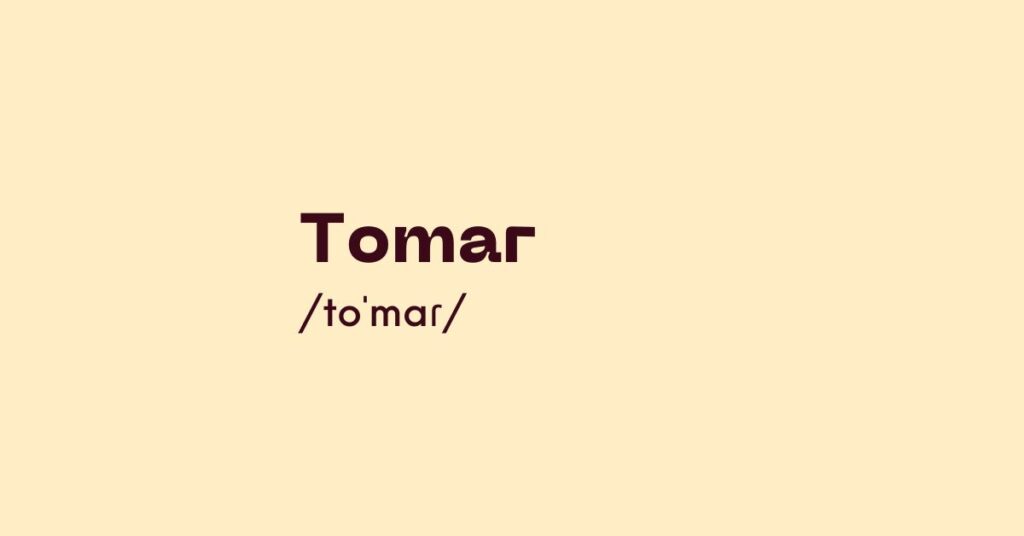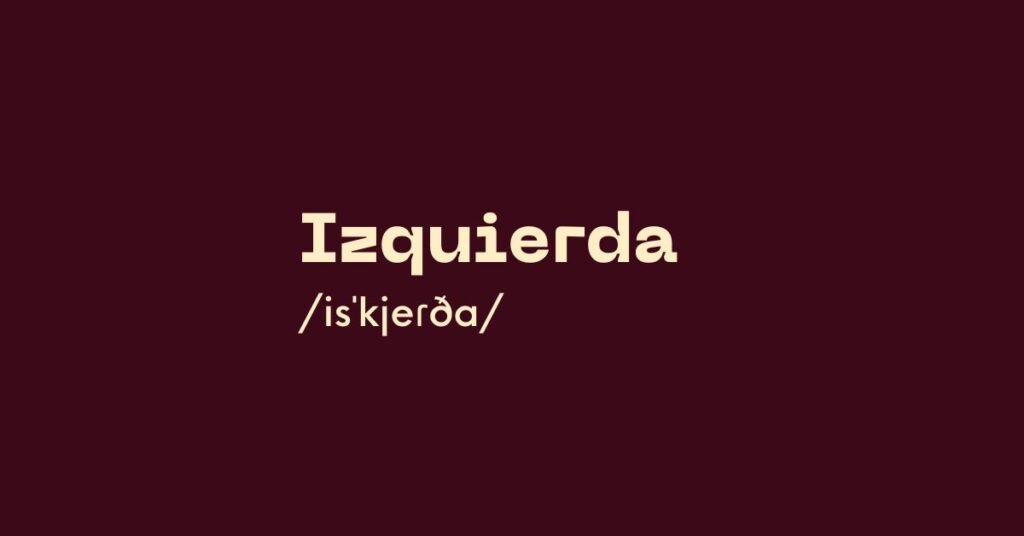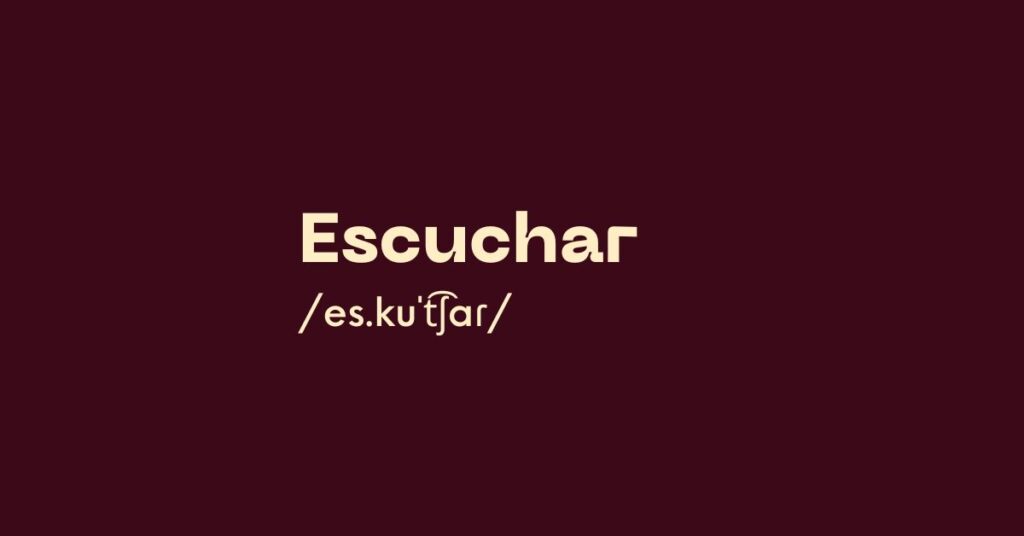Cena
Today’s Spanish word of the day is “cena”. It’s a feminine noun meaning “dinner”, as in the evening meal. It comes from the identical Latin word cena, whichreferred to a meal eaten at three in the afternoon. This word is thought to come from the Indo-European root *sker-, meaning “to cut”, which is also thought […]









